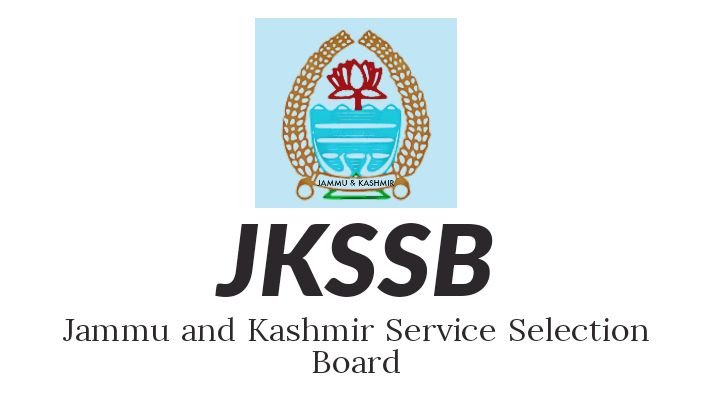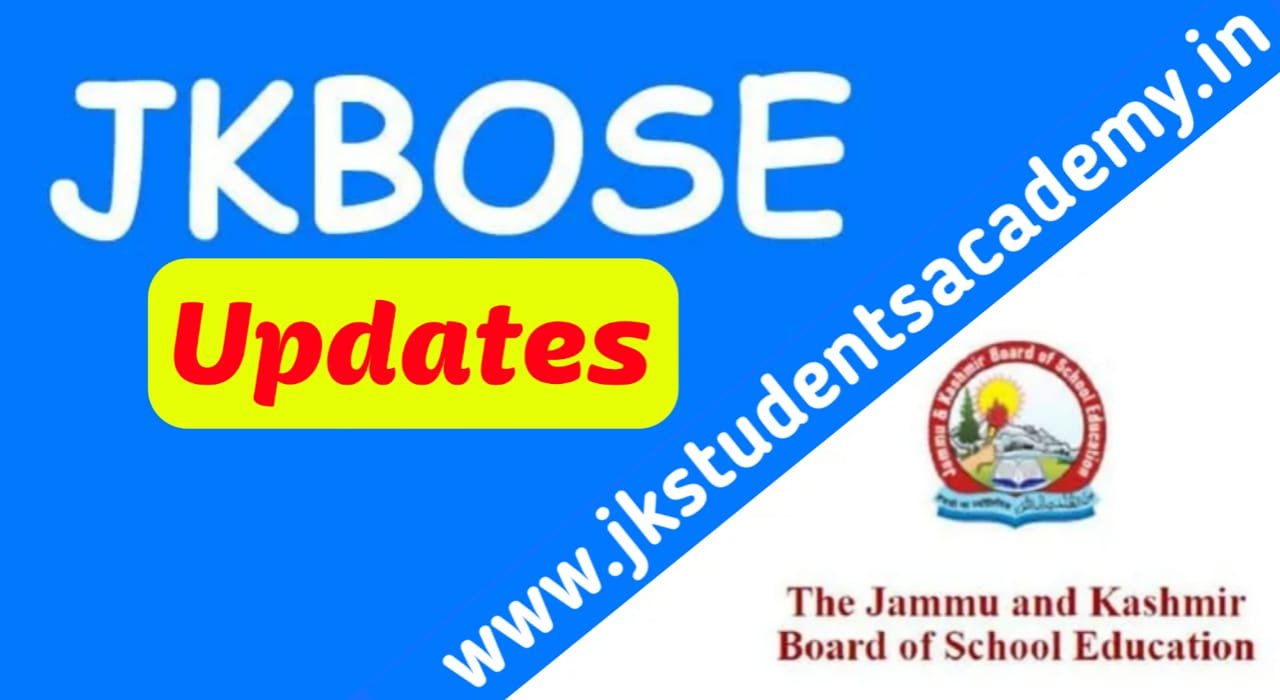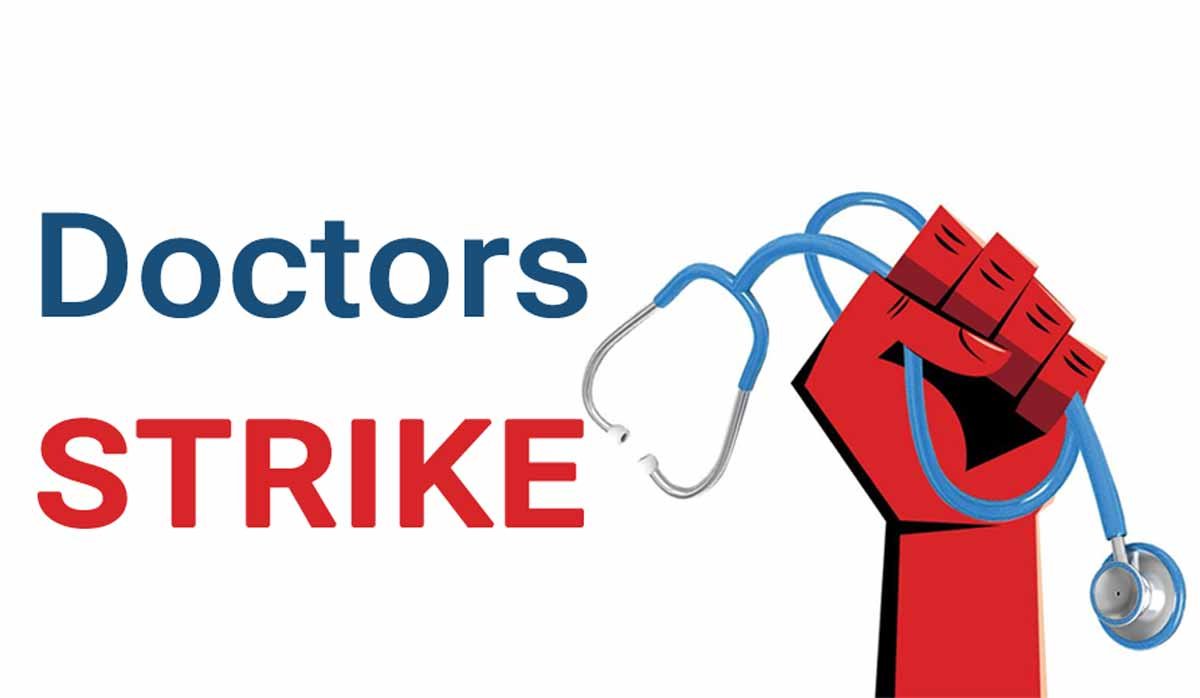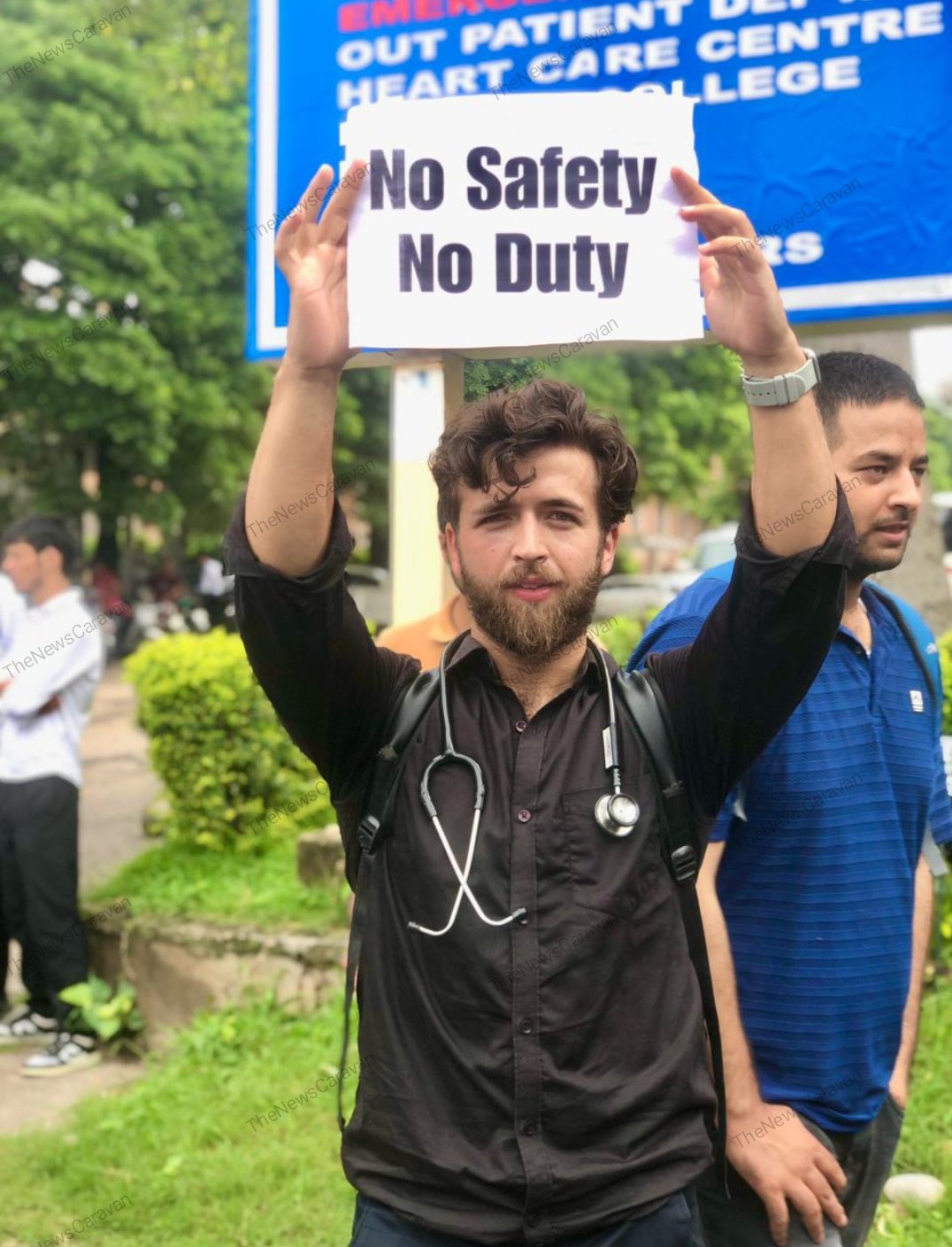[ad_1]
On February 27, the Ministry of Home Affairs suspended the Centre for Policy Research (CPR)’s FCRA licence for a period of 180 days for allegedly violating funding norms. It is believed that CPR’s funding of a few NGOs violated FCRA rules. An official, who spoke to the Indian Express said that an inquiry is going on and a decision will be taken within six months.
The suspension preceded Income Tax department surveys at various CPR offices in Maharashtra, Madhya Pradesh, Chhattisgarh, Uttarakhand, Uttar Pradesh, Haryana, Gujarat and Delhi.
The surveys were conducted in September last year, Indian Express reported. An official was quoted saying, “Some of these searches against political parties are linked to each other across states and some searches have no link to each other. The tax authorities are conducting searches across 100-plus locations and follow-up action and probe will continue in the coming days also.”
Followed by the surveys, the IT department on December 22, 2022, gave a show-cause notice to CPR alleging that it was in violation of being involved in activities which were “not in accordance with the objects and the conditions subject to which it was registered”.
A recent report by The Wire connected the dots that started from the September raids to the recent FCRA suspension.
The IT show-cause notice had accused CPR of funding an NGO called Jana Abhivyakti Samajik Vikas Sanstha (JASVS). The trustee of JASVS Alok Shukla was summoned by the IT department and recovered WhatsApp and Signal messages from his phone.
Shukla is also the convenor of Hasdeo Bachao Andolan and a known face of the Adivasi-led protests. “The JASVS has a consultancy agreement with CPR over non-compliance of environmental laws and related research. We published reports in pursuance of the agreement. Our consultancy work has nothing to do with the Hasdeo movement,” Alok Shukla told The Wire.
Allegations on CPR
According to the CPR website, it is a non-profit, non-partisan, independent institution dedicated to conducting research that contributes to high-quality scholarship, better policies, and a more robust public discourse about the issues that impact life in India.
The Wire, in its report, found out the CPR and JASVS entered into an agreement in 2015 which was extended over time. The two organisations jointly produced six environmental reports, five of which focussed on Chhattisgarh.
Hasdeo Arand stretches across the Surguja, Korba and Raigarh districts of Chhattisgarh and is a fragile biodiversity zone and a natural habitat for elephants. It is also considered as India’s richest coalfield where the Adani group has nine coal blocks.
However, mining is yet to begin in some owing to the persistent protests by the Adivasi community and forest activists.
The IT department show-cause notice accuses CPR’s funding to JASVS “is not in pursuance of its approved objectives”.
Rejecting this, CPR shot back a public statement saying they have nothing to hide. “We are routinely scrutinised and audited by government authorities, including the Comptroller and Auditor General of India. There is no question of having undertaken any activity that is beyond our objects of association and compliance mandated with law,” the statement read.
The beginning
During the UPA government, coal block contracts were given to both private and government-owned companies at undisclosed rates. These contracts are called Mine Developer and Operator (MDO) contracts.
This “arrangement of coal allocation” popularly known as “Coalgate” led the UPA government into hot waters. A public interest litigation was filed at the Supreme Court of India which reversed the allotment of 204 coal blocks in 2014.
It was also the year that the Narendra Modi-led Central Government was formed. He had promised to eradicate corruption from the coal mining industry.
A recent investigative report by the Reporters’ Collective published by Al Jazeera accuses the Modi government to help Adani become the richest coal mining private company by creating a bypass route.
SC’s order meant all coal block allocations to various state government companies as well as MDO contracts with private companies were cancelled.
Adani’s rise in coal mining industry
Once the Modi government came to power and all 204 coal block contracts were cancelled, the Centre promised a transparent method. In 2015, the then-home minister Rajnath Singh said, “We are focusing on bringing transparency in the allocation of natural resources including coal blocks. We have been able to rebuild confidence and trust that is extremely important to revive investments and drive higher growth.”
However, according to the investigative report, this was half the truth.
“The government had left open a window of discretion in the regulations. It could choose which ones to auction and which ones to allocate to states. What the Supreme Court had termed illegal, Modi’s government gave legislative backing and empowered itself to make discretionary allocations yet again to state government-owned companies,” the investigative report stated.
And thus, with this the Centre was able to grant all nine blocks to the Adani Group, making it the richest coal mining company in the country.
Adani-Hasdeo conflict
Hasdeo Arand stretches across the Surguja, Korba and Raigarh districts of Chhattisgarh and is a fragile biodiversity zone and a natural habitat for elephants. It is also considered as India’s richest coal field.
As mentioned above, the Adani group has nine coal blocks in the zone. However, mining is yet to begin in some owing to the presistant protests by the Adivasi community and forest activists.
Interestingly, the nine blocks were initially allotted to various state governments.
While Rajasthan Vidyut Utpadan Nigam is the owner of Parsa East & Kete Basan, Parsa and Kete Extension coal blocks in Surguja district, Gare Pelma III block in Raigarh district and Gidhmuri Paturia block in Korba district is owned by the Chhattisgarh government.
The Gare Pelma Sector II is owned by the Maharashtra government and Gare Pelma I belongs to the Gujarat government.
However, over the years, the Adani Group won the tender of all blocks.
According to advocate Sudeep Srivastava, the Adani Group is currently the country’s largest coal mine developer and operator (MDO) that can produce 3,000 million tonnes of coal. The coal generated from these mines is sold to various government companies as well as to the Adani Group’s own power plants.
Srivastava has been helping the Adivasi community who are up against arms with the Adani Group as they believe it is robbing them of their natural habitat.
“Awarding such a large number of coal blocks to a single entity monopolises the entire coal and power production market,” he told The Wire.
According to Srivastava, an aim of a coal policy is to provide cheap coal to PSU [Public Sector Unit] so that they can produce electricity at cheap rates, thus benefitting its customer. “But it gets defeated under the MDO model,” the advocate said.
Hasdeo Arand forest is home to many Adivasi communities. Nearly 90 percent of them survive on agriculture and forest produce.
The Adani Group has been clearing the forest areas for its mining opportunities. This displacement due to mining will lead to loss of livelihood, identity and culture, a 2021 biodiversity study conducted by ICFRE and the Wildlife Institute of India noted.
“I have been working in Chhattisgarh for marginalised communities for over two decades. I often coordinate among affected people and lawyers for Hasdeo and other movements. But I am also a researcher. The JASVS agreement with CPR is reflective of my research work. The output is in the public domain in the form of research publications. CPR has absolutely no role to play in the Hasdeo movement,” says Alok Shukla.
[ad_2]
#Centre #Policy #Researchs #FCRA #licence #suspension #Adani #connection
( With inputs from www.siasat.com )










